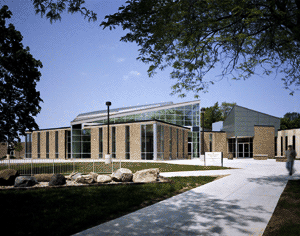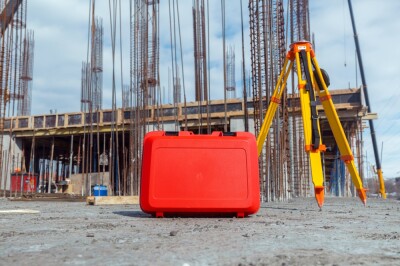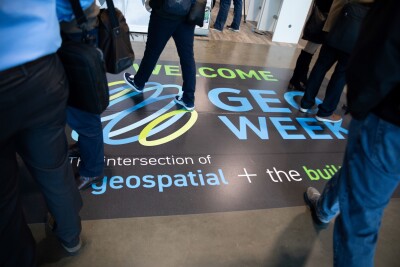Ford Motor Company collaborates with Henry Ford Community College to develop scanning program
The Henry Ford Community College (HFCC) Technology Division reports engineers from Ford Motor Company and Troy Design and Manufacturing will assist HFCC instructors and students with the use of a Faro Photon 120 scanner donated to the college by Faro Technologies. HFCC expects to take actual possession of the scanner before the end of the year. The collaboration between Ford and HFCC also includes software licenses donated by Geomagic and Pointools. However, the value of the program is much larger than the hardware and software cash equivalents of the donations; the real value lies in getting students trained by production-seasoned experts who will help develop curricula to make sure graduating students will come equipped with the skills industry needs today.
John Lewandowski, HFCC executive director of Development, said, “what is just as important as receiving this equipment is the College’s collaboration with Ford Motor Co., Troy Design, Faro, Geomagic and Pointools on helping HFCC instructors in using the scanner.”
When Ford recently traded in the Photon 120 scanner for a Focus3D scanner, Dave Dreffs, who works for Troy Design & Manufacturing – Ford’s wholly-owned subsidiary based in Redford, Mich. – suggested donating the laser scanner to HFCC. Dreffs, who studied robotics at HFCC a decade ago, said, “I owe my career to HFCC. It’ll be nice to have students who know how to use this technology.” Dan Johnson who works for Ford’s metrology team – his group provides services to many departments including design, analysis, manufacturing, and facilities – said that now the scarce resource is qualified personnel. He’s excited that his community service efforts, which Ford supports, can now be directed to educating the next generation of engineers and technicians at HFCC: “What could be more valuable?”
He said it’s also a great opportunity to breathe new life and excitement into the design curriculum at HFCC.
Don Deming, a virtual manufacturing engineer for Powertrain Manufacturing Engineering at Ford, said the equipment is critical to virtual design and simulation work for the organization. “At Ford, we virtually assemble engine and transmission CAD data using computer simulation technology, which helps us simulate the actual manufacturing line as closely as possible,” he said, adding that to do this, “we investigated scanning as a way to avoid modeling the plant environment.” Deming will assist with curriculum development and training HFCC instructors as part of the collaboration.
Roger Weekes, HFCC skilled trades instructor, plans on implementing the laser scanner into his computer-assisted design (CAD) and industrial detailing classes. According to Weekes, other classes that will use the laser scanner include product design and advanced solid modeling. “We will prepare students for a number of jobs at the larger automotive companies, especially Ford, General Motors, and Chrysler,” explained Weekes.
Geomagic CEO Ping Fu said her company is only too pleased to collaborate with industry partners and education institutions as it leads to more innovation – a key to job creation. Fu’s plan for Geomagic’s contributions is to make the world a better place, but it doesn’t end there: “Not only is our corporate responsibility to make the environment better for people, we also need to make better people for the environment.” Geomagic’s policy also includes donating licenses to not-for-profit organizations that put their deliverables in the public domain.
Pointools CEO Faraz Ravi said his company is pleased to donate its software to HFCC, as well. “Demand for trained people is outstripping supply,” he said. “This increased pull is a consequence of manufacturers proving the value of point cloud-based workflows across their organizations.”
Bill Anderson, northeast regional manager at FARO, said that the donation is “a winning situation”: HFCC get the technology, Ford will have access to students that will graduate with practical metrology experience, and Faro gets the exposure to some new minds.
Everyone we talked for this article observed that demand for 3D measurement capabilities is robust and growing; the technologies turn open-loop manufacturing processes into closed-loop processes. This means better cars at better values, which is good news for all of us.






